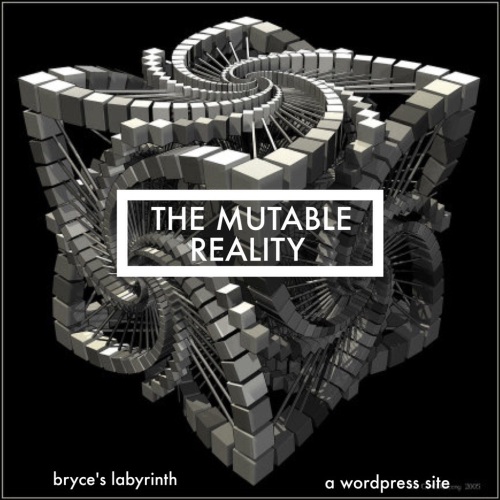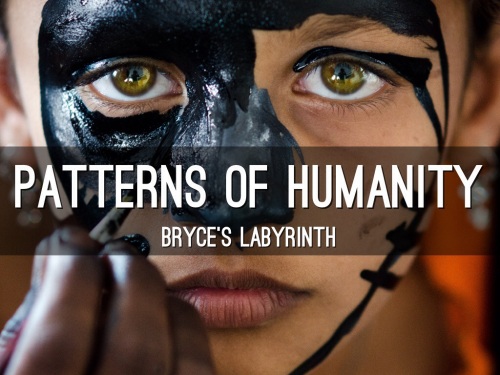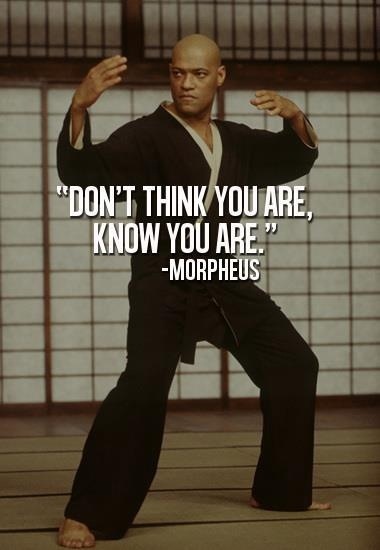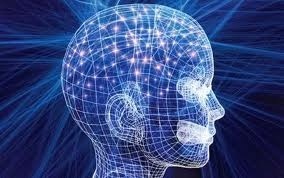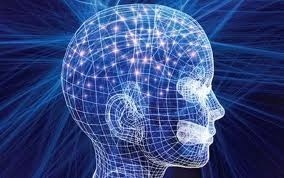My current pursuits, both theoretically and experimentally, involve untangling the enigma that is ‘reality’. I am a firm believer in the primacy of the social environment as the actuator of thoughts, therefore, I have come to grips that much of my obsession over what is and what isn’t stems from my conservative Christian background. My parents were never the Bible thumping, closed-minded sort, however, I was socialized into believing a very rigid framework of physical life; although our explicit belief in the supernatural added a metaphysical dynamism that is still extant today.
When asking, “what is reality?”, it captures perfectly the essence of cognitive dissonance. Dissonance is best described as ‘friction’ that arises when two thoughts are in opposition to one another. For instance, many married couples experience extreme dissonance when the wishes of their mother or father go against the wishes of their spouse. To hold these oppositional cognitions in the mind causes discomfort which naturally leads a person to think or do something in response as a means to reduce this discomfort. Such actions may be to shut down completely, become emotional or even detached, and eventually try their hardest to avoid the topic altogether.
To ponder reality is to test the precipices of sanity. The principles of relativity tell us that spacetime is the substrate in which we all sit within depressions caused by the massive objects around us such as the earth, sun, moon and so forth. This substrate, the fabric of reality, seems so diaphonous, so thin, yet, it is obstreperous to the point of statistical impossibility. On a mental level, to consider what consists of reality is to contemplate factors that have affected us at every point and these constant stimuli are the hardest to consciously detect; they’ve been hardwired into us as “real”. On a physical level, intense scrutiny of this fabric at microscopic levels yields a world of ‘quantum foam’ or intractable probability. Its almost as if the fabric itself works to keep us from truly understanding it.
I personally believe that much of the problems trying to find truth is that so many of us hold on to the idea that there is an interfaceable, absolute truth somewhere deep beneath the folds of existence. While this may or may not be true, another question comes to the surface. If there is some all-pervasive truth, how would we be able to find it in the first place? We interface life through our conscious projection of ourselves. This conscious awareness is purely abstract, taking the abstractions of life and processing them into some cogent application. This implies a very subtle understanding of limit, a true paradox that seems to be a cardinal underpinning of reality. Although abstractions are infinitely malleable, they are usually limited by the faculty perceiving them. In layman’s terms, although the mind my be able to conceive and create an incalculable degree of input information, the output information is still limited to that mind’s specifications.
Thus, reality does become the progeny of the mind; perception does indeed become reality from this vantage point. However, given that cognition is merely the computation of computations, an infinitely recurring sequence of recursions, one can say that perception is not reality either. If a mind is capable of infinite creation then its finite emanation does not constitute the whole of its abilities. Your perception is the finite expression of what you believe is, but that is not the end all for a faculty that possesses outsized ability.
Nothing must be, yet everything is.
What can be said, then? George Orwell introduced a concept in his famous book 1984 that revolutionized the way that many think. It is a concept I have discussed on this blog, doublethink. Doublethink is the ability to hold two opposing concepts in one’s mind and believe them both. For those acute readers, you should be thinking back on the cognitive dissonance described earlier in this article. Cognitive dissonance is the discomfort and most people do things to resolve this discomfort. I, as well as former theoretical physicist, David Bohm, and current dean of Rotman Business School at University of Toronto, Roger Martin, believe that the answer to the struggles between cognitive finitude and infinitude lie in one’s ability to thrive in that dissonance. That is, you take no sides, you favor no opinions, and you consider as much of the information available with equal curiousity.
Nothing must be, implies that in and of themselves, nothing on this earth must be anything. Nature and the cosmos thrived for billions of years before us and will thrive for billions more years after. The only intrinsic concept in the entire universe of existence is the fabric itself that gives rise to all phenomena; beyond that, everything is a derivation, an arbitrary meaning, created by the conscious being observing it. Yet everything is, implies that as conscious beings, we will create these meanings and this process of understanding is critical to the fitness of our species.
However, the truly perceptive minds will not try to make an absolute meaning; they are aware of the universal paradox besetting their mind. The Lemniscate Theory, a philosophical axiom, states that we are infinite beings living within the confines of the finite. We exist asymptotically to life, death, and certain physical constants (which may or may not change as we evolve). Thus, one must accept and embrace the tendency to become rigid, along with the necessity to be flexible. One must be willing to adopt the principles of doublethink, to accept and reject, to no accept and not reject, any and everything, including one’s own experience and concept of self. The reason that most of us have a hard time understanding the subtleties of reality is because we have grown fond of our own minds, we’ve fallen in love with our own experiential data, disregarding the phenomena of others.
There are epistemological and ontological questions abounding endlessly, of course; however, these imply a sense of absolution, something that may or may not actually be interfaceable with our current conscious set up. This sets up a perfect explanation for our species; a sort of fractal explosion of expression… As this system proliferates, we exist as discrete identities sharing relevancies on various levels which could, in theory, be mapped out and analyzed. But even that analysis would be subject to analysis and so on, ad infinitum.
To contemplate the conception of reality is a beautiful process of growth. A common misnomer is that dialogue directly means communication between two people. Actually, the root words are, dia, which is “through”, and logos, the word. In other words, dialogue is discovering a meaning through the words. A dialogue can occur within one’s self or within a larger group. Many of these ideas were made clear to me through David Bohm’s, On Dialogue, however, I had begun developing a proto-understanding throughout the last few years.
Reality is about seeing one’s self in all dynamics and contexts; an individual and a collective; subjective and objective; linear and nonlinear. By contemplating these oppositional pairs as dyads, one begins to see just how reality is constructed; more pointedly, one begins to see why the world is the way that it is.
Pondering reality brings one to the edge of current conscious understanding and it chomps at the bit for whatever is next, if there is. An articulated journey into one’s construction of reality begins to fashion together a coherent framework, even if one is aware that the way they think effects it. Getting an accurate read on reality is not unlike Heisenberg’s Uncertainty Principle, where one can only get a partial measurement of a quantum system. If you accurately measure position, you cannot accurately measure velocity and vice versa. One cannot accurately ponder reality without affecting one or more variables; this may be frustrating to some, but my admonition is to consider why that is frustrating. By questioning the processes by which you react and respond to this expression of life, you come to understand this whole thing just a little bit better.
Life, reality, is an infinitely variating construct. Not unlike the descriptions of God within religious groups, life is both infinitely complex and infinitely simple. Thus, it can and will mutate. Its derivations can be mutated; they should be mutated. People should play with the expression of life as whimsically as sport or art; its meant to be stretched and contracted, probed and scrutinized. However, one should not consider it abstract or absolute; it is a fractal, a fractional dimension, which perfectly occupies both. It becomes self-evident then collapses into pure theory only to reemerge at some other point as concrete again.
Let your reality be free.
bryce
